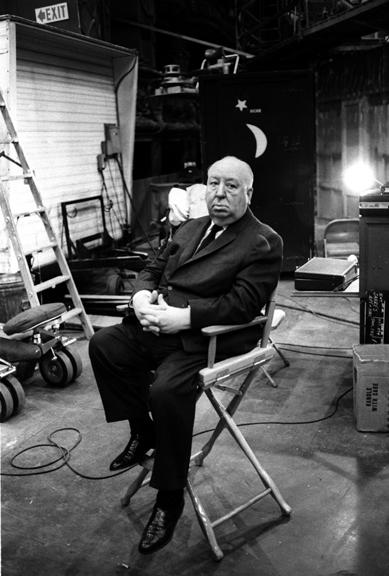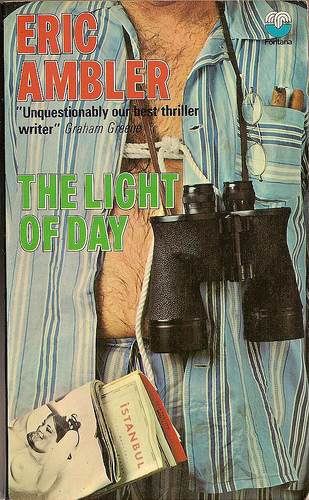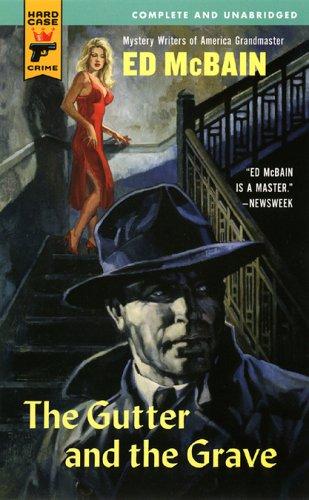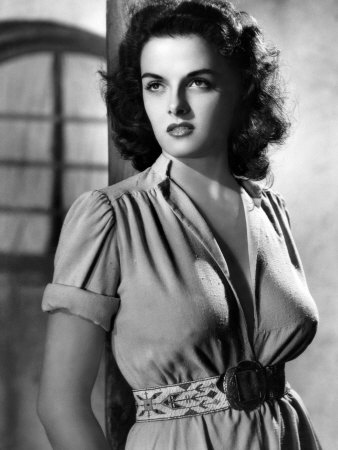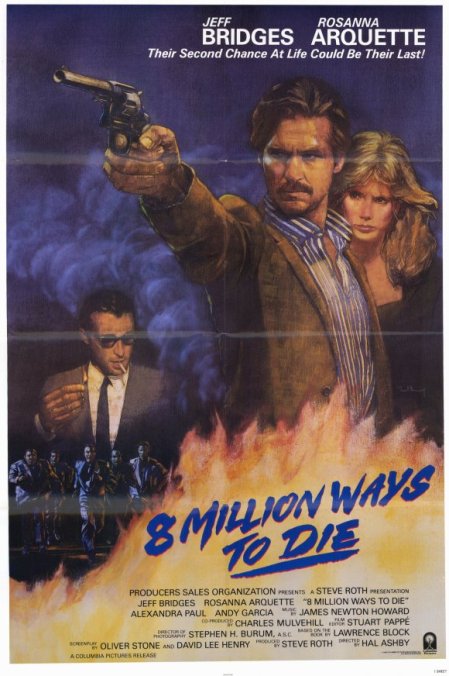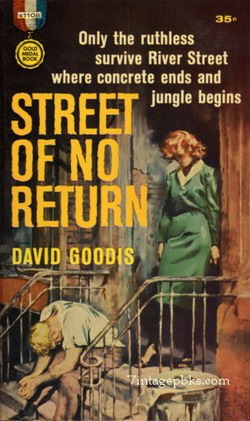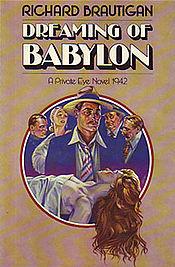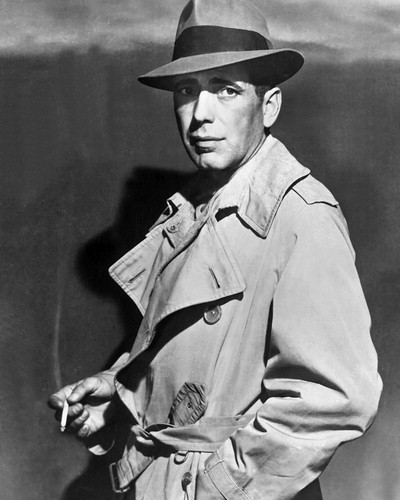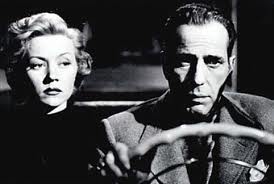Pulp Quotes

From 30 feet away she looked like a lot of class. From 10 feet away she looked like something made to be seen from 30 feet away.
Bogart can be tough without a gun. He has a sense of humor that contains that grating undertone of contempt.
What did it matter when you were dead…You just slept the big sleep, not caring about the nastiness of how you died or where you fell.
Alcohol is like love. The first kiss is magic. The second is intimate, the third is routine. After that you take the girl’s clothes off.
I do a great deal of research, particularly in the apartments of tall blondes.
I knew one thing. As soon as anyone said you don’t need a gun, you’d better take one along that worked.
-Raymond Chandler
Others
Man does not live by murder alone. He needs affection, approval, encouragement and occasionally, a hearty meal.
-A. Hitchcock.
I killed him for money and for a woman. I didn’t get the money and I didn’t get the woman.
– Walter Neff (Double Indemnity-1944)
And I guess that was your accomplice in the wood chipper.
-M.Gunderson (Fargo-1996)
We were about to give up and call it a night when somebody threw the girl off the bridge.
– John D. MacDonald
I don’t like jail; they got the wrong kind of bars in there.
– C. Bukowski
There’s nothing safe about sex. There never will be.
– N. Mailer
I guess God made Boston on a wet Sunday
– R. Chandler

What the tongue has promised, the body must submit to.
– R. Stout
Some people never go crazy. What horrible lives they must live.
– C. Bukowski
Love; when you get fear into it, it’s not love anymore. It’s hate.
– James M. Cain
The world’s really wild at heart and weird at the top.
-Barry M. Gifford
Los Angeles is the world’s biggest third rate city.
– J. D. MacDonald
I will ride my luck on occasion, but I like to pick the occasion.
– R. Stout
Stealing a man’s wife, that’s nothing. But stealing his car, that’s larceny.
– J.M. Cain
Look at that fat bastard trying to get out of his car.
– R. Chandler looking at A. Hitchcock
